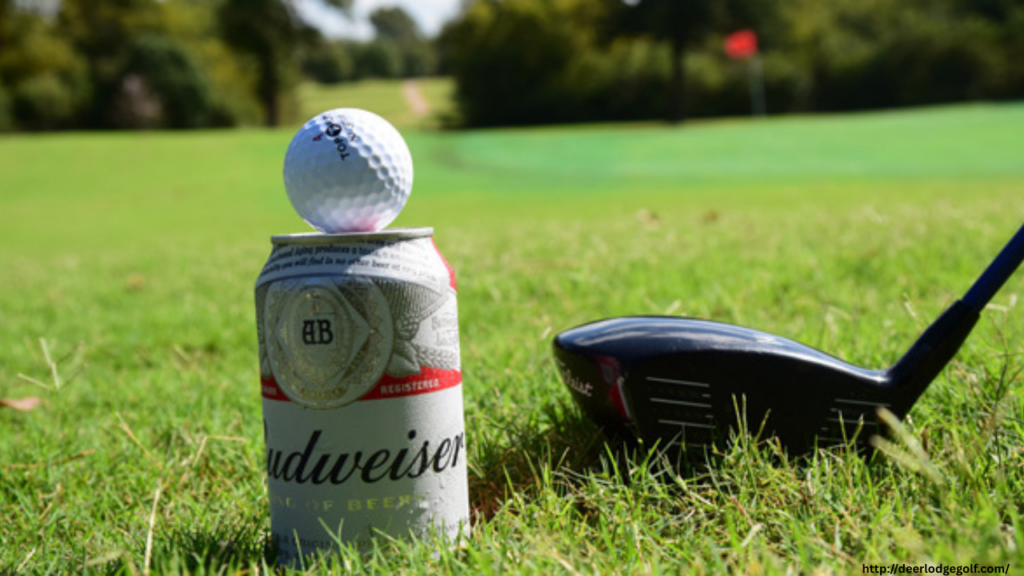Beyond the Green: How Alcoholism Exposes the Weaknesses of Golf’s Power Players

Beneath golf’s cultivated image of quiet concentration and gentlemanly etiquette lies a world rife with complexities. For power players within the sport—be they influential executives, revered professionals, or well-connected club elites—the golf course is more than a playing field. It is a theater for influence, ego, and, too often, a stage where personal demons emerge. Among the most persistent of these demons is alcoholism, a struggle that strips away the polished veneer of power and exposes the very human weaknesses beneath.
The Hidden Toll of Prestige
Success in golf, particularly at the leadership level, comes with immense expectations. These figures are expected to inspire, to lead, and to uphold the traditions of a sport steeped in decorum. But prestige can be isolating. The higher one climbs, the fewer genuine support systems remain. For many, alcohol becomes an outlet—first as a social norm, then as a crutch under mounting pressure.
At elite golf clubs and corporate events, alcohol flows freely. Toasts are raised to victories, deals, and legacies. In such an environment, the line between celebration and dependency can blur quickly. What begins as an occasional indulgence can transform into a pattern of reliance, especially for individuals accustomed to power and the illusion of control.
Cracks in the Facade
The effect of alcoholism on golf’s power players is not always immediate. Many continue to function in their roles, masking their struggles behind charm and competence. But eventually, the cracks begin to show. Decision-making becomes impaired, judgment lapses, and professional relationships suffer.
The ego that once fueled their rise becomes a liability, preventing them from acknowledging the problem. Often, it takes a public misstep—an embarrassing incident, a scandal, or a health crisis—for the truth to surface. By then, reputations are tarnished and legacies questioned.
Golf’s ethos of integrity and self-discipline clashes sharply with the reality of addiction. The disconnect between the image projected and the truth lived can be jarring, both for the individual and the institutions they represent.
A Culture in Need of Reform
Golf’s power structures have long protected their own, shielding prominent figures from scrutiny while quietly managing their missteps. This culture of silence has enabled alcoholism to persist unchecked. To move forward, the sport must shed its reluctance to address addiction openly.
Wellness programs, mental health support, and proactive policies around substance use should become staples of golf leadership at every level. More importantly, there needs to be a shift in mindset: vulnerability must no longer be viewed as a weakness, but as a path to authentic strength.
A New Definition of Strength
Beyond the green, away from the applause and accolades, lies the real test of character. For golf’s power players, confronting addiction requires more courage than any tournament. It demands honesty, humility, and a willingness to lead by example.
Alcoholism exposes the weaknesses of even the most seemingly invulnerable figures in golf. But in doing so, it also offers an opportunity—to redefine leadership not by invincibility, but by resilience, empathy, and the courage to change.








